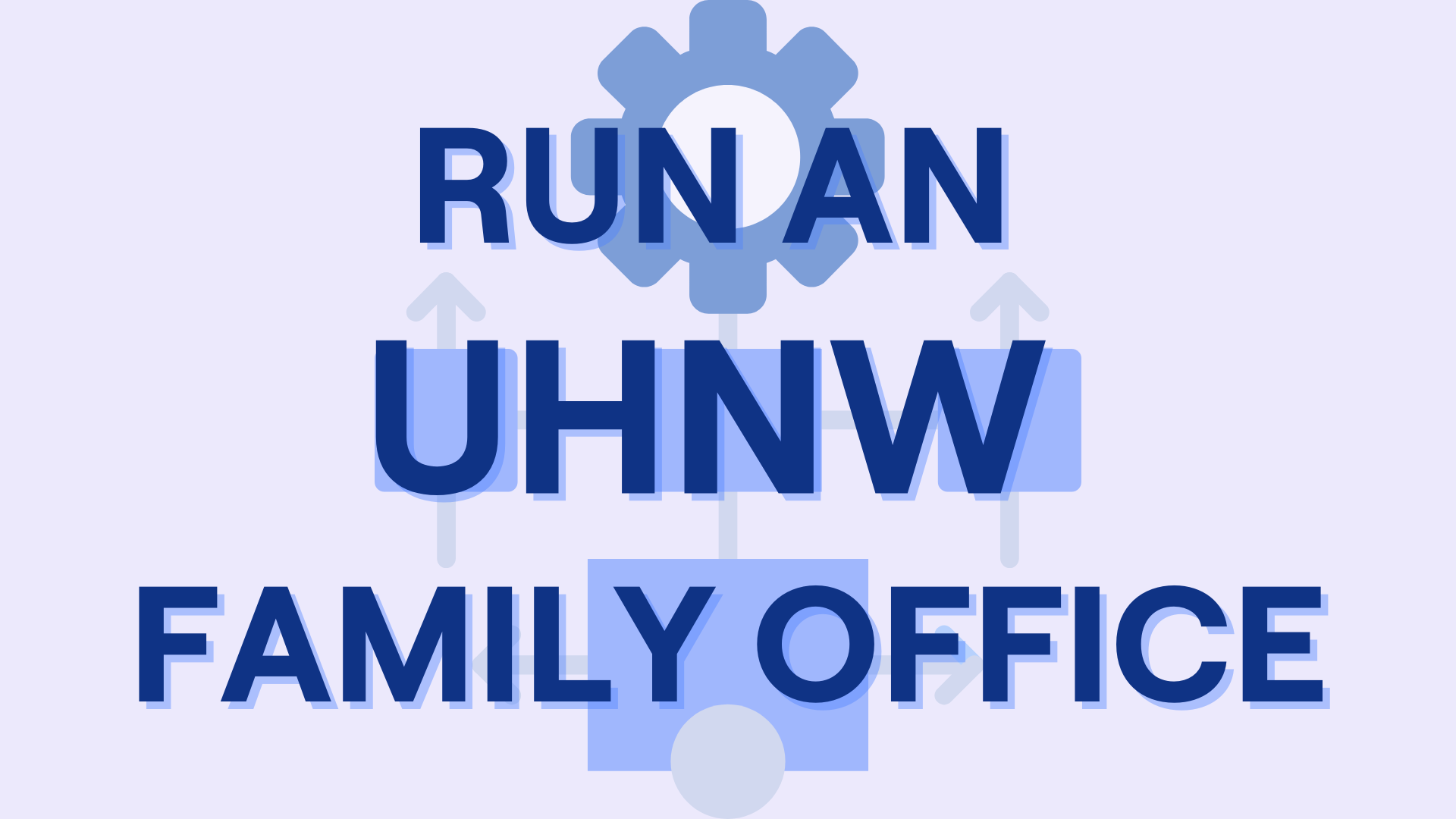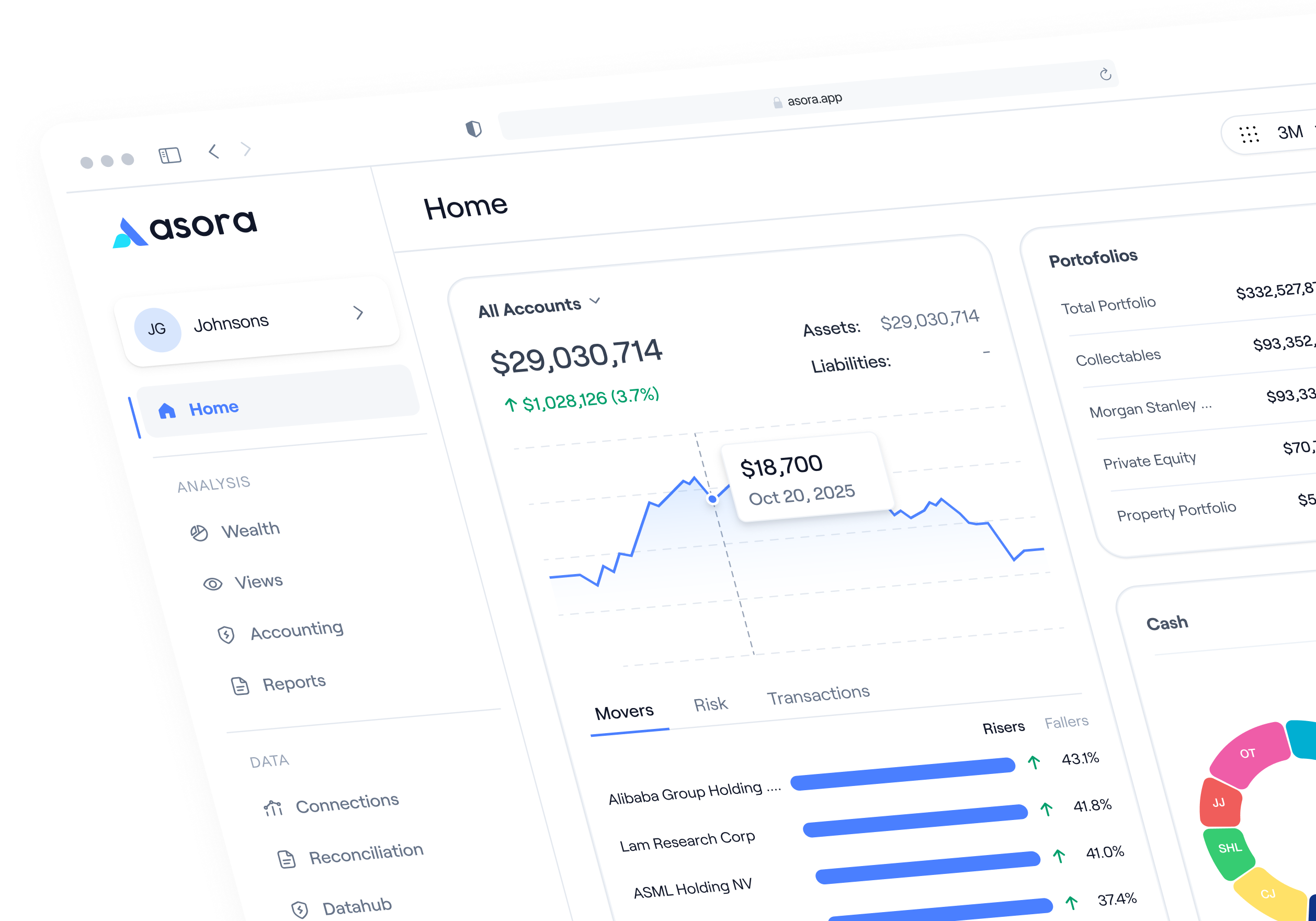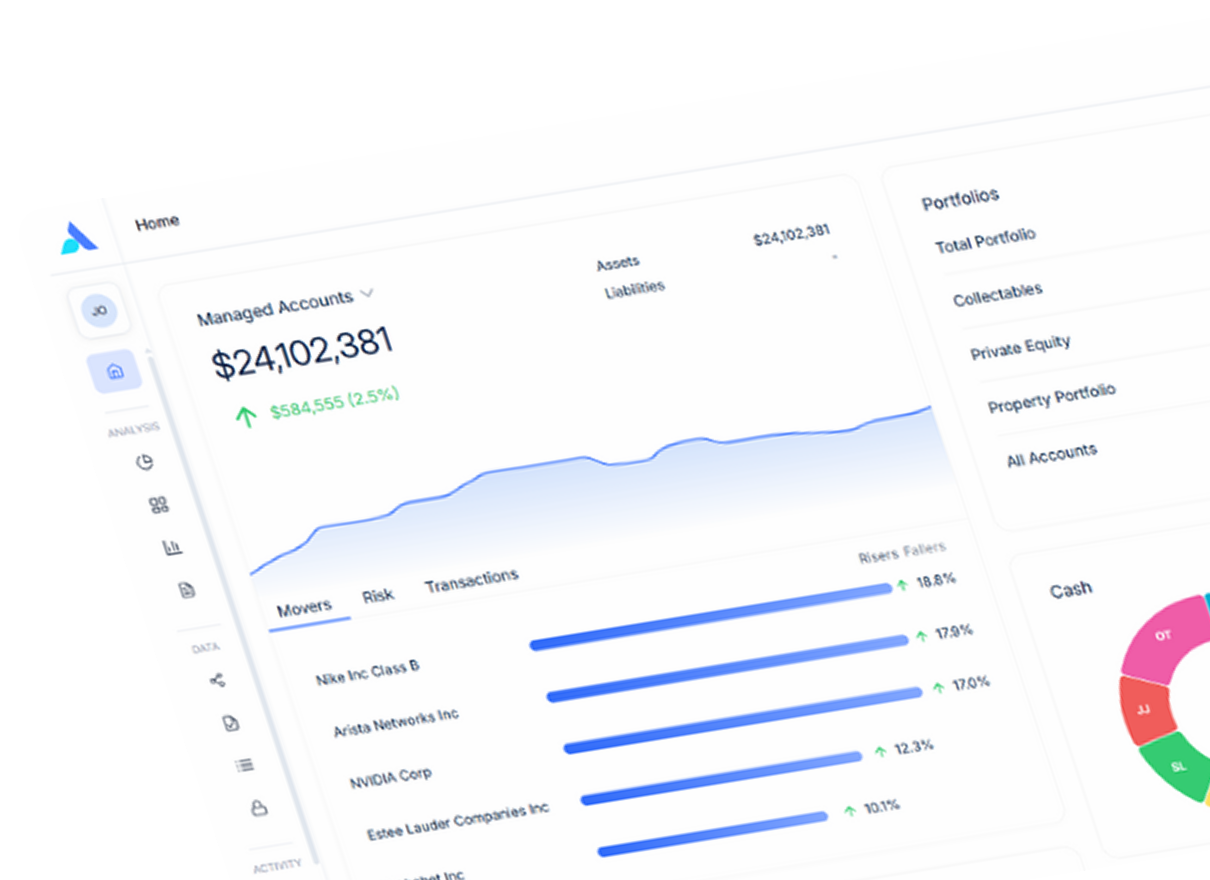Automate your family office
Schedule DemoHeading 1
Heading 2
Heading 3
Heading 4
Heading 5
Heading 6
Lorem ipsum dolor sit amet, consectetur adipiscing elit, sed do eiusmod tempor incididunt ut labore et dolore magna aliqua. Ut enim ad minim veniam, quis nostrud exercitation ullamco laboris nisi ut aliquip ex ea commodo consequat. Duis aute irure dolor in reprehenderit in voluptate velit esse cillum dolore eu fugiat nulla pariatur.
Block quote
Ordered list
- Item 1
- Item 2
- Item 3
Unordered list
- Item A
- Item B
- Item C
Bold text
Emphasis
Superscript
Subscript
Cybersecurity plays a pivotal role in the intricate world of family office reporting, where sensitive financial data is the backbone of operations. As technological advancements reshape the financial landscape, the risks associated with handling confidential information are on the rise. This blog post aims to underscore the significance of cybersecurity in family office reporting and provide best practices for securing systems, with a specific focus on protecting the integrity and confidentiality of financial reports.
The Significance of Cybersecurity in Family Office Reporting
Family offices, entrusted with managing substantial wealth and intricate financial portfolios, face unique challenges in the realm of reporting. These challenges make them lucrative targets for cybercriminals seeking unauthorised access to confidential financial data. A breach not only threatens financial stability but also compromises the accuracy and reliability of reports, affecting the trust of family members and stakeholders.
The Risks in Reporting
Reporting systems are at the forefront of a family office's operations, serving as the conduit for disseminating critical financial insights. The risks associated with compromised reporting systems include manipulated financial data, unauthorised access to confidential reports, and potential reputational damage. As family offices increasingly rely on digital platforms for reporting, the need to fortify these systems against cyber threats becomes imperative.
Secure Report Transmission:
- Utilise secure channels for transmitting financial reports to ensure data integrity.
- Implement end-to-end encryption to protect reports from interception during transmission.
Access Controls for Reporting Systems:
- Implement stringent access controls to restrict access to financial reports based on job roles.
- Regularly review and update access permissions to align with organisational changes.
Audit Trails for Reports:
- Establish detailed audit trails for financial reports to track user activity.
- Monitor and analyse audit logs regularly to detect and respond to any suspicious activities promptly.
Secure Collaboration Platforms:
- Use secure collaboration platforms for report creation and sharing.
- Educate employees on secure practices for collaborating on reports, including secure file-sharing methods.
Regular Reporting System Assessments:
- Conduct regular security assessments specifically focused on reporting systems.
- Identify and address vulnerabilities in reporting software to prevent unauthorised access.
Data Integrity Checks:
- Implement mechanisms to verify the integrity of financial data within reports.
- Perform regular checks to ensure that reported financial information remains accurate and untampered.
Secure Report Storage:
- Employ secure, encrypted storage solutions for storing financial reports.
- Regularly backup reports and maintain offsite backups to mitigate the risk of data loss.
User Training on Secure Reporting Practices:
- Provide specialised training to employees involved in the reporting process.
- Emphasise the importance of secure practices in report creation, distribution, and storage.
Family Office Reporting and Cybersecurity
In the intricate landscape of family office reporting, where precision and confidentiality are paramount, cybersecurity is not just a safeguard, but a strategic imperative.
By tailoring best practices to the unique challenges of reporting systems, family offices can fortify their defences against cyber threats, ensuring the accuracy, integrity, and confidentiality of financial reports.
As the digital landscape evolves, a proactive commitment to cybersecurity in reporting will be a key driver of success and trust in family office operations.
Asora is a SAAS solution for single and multi-family offices to track and oversee assets, automating data capture and providing digital on-demand reporting on the web and mobile.
To learn more about our customised reporting feature, schedule a demo with us.












